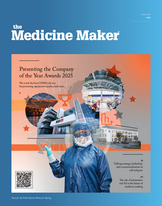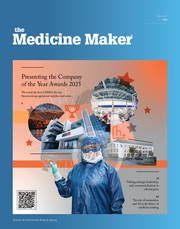
Cell Engineering, Meet Big Data
Big Data opens the door to “smart” cell therapies that remain inert unless triggered by cancer-specific protein combinations
Photo via Pixabay user geralt
In September, researchers from the University of California, San Francisco, assembled a catalog of protein combinations that could be used to precisely target cancer cells (1).
In their latest study, they screened more than 2.5 million dual antigens and around 60 million triple antigens across 33 tumor types and 34 normal tissues, finding that dual antigens significantly outperform the best single clinically investigated CAR targets and also predicted that antigen triplets could offer "close to ideal tumor-versus-normal tissue discrimination for several tumor types" (2).
To demonstrate the potential power of the data, the team programmed T cells to kill kidney cancer cells expressing a unique combination of antigens called CD70 and AXL. Although CD70 is also found in healthy immune cells, and AXL in healthy lung cells, the engineered T cells were able to kill the cancer cells while sparing the lung cells.
- R Dannenfelser, “Discriminatory Power of Combinatorial Antigen Recognition in Cancer T Cell Therapies,” Cell Systems, 11, 5, 421-423. PMID: 32916097.
- JZ Williams, “Precise T cell recognition programs designed by transcriptionally linking multiple receptors,” Science, 370, 1099-1104. DOI: 10.1126/science.abc6270.

Over the course of my Biomedical Sciences degree it dawned on me that my goal of becoming a scientist didn’t quite mesh with my lack of affinity for lab work. Thinking on my decision to pursue biology rather than English at age 15 – despite an aptitude for the latter – I realized that science writing was a way to combine what I loved with what I was good at.
From there I set out to gather as much freelancing experience as I could, spending 2 years developing scientific content for International Innovation, before completing an MSc in Science Communication. After gaining invaluable experience in supporting the communications efforts of CERN and IN-PART, I joined Texere – where I am focused on producing consistently engaging, cutting-edge and innovative content for our specialist audiences around the world.



















